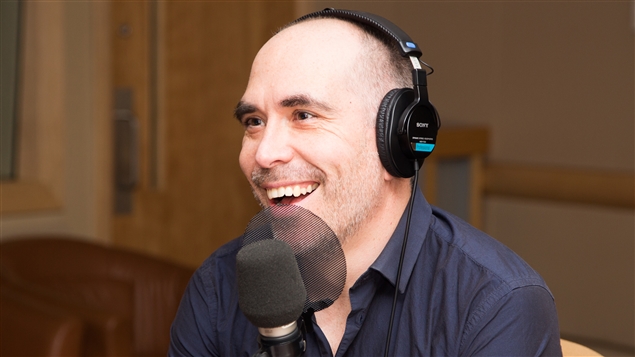Conférence de Jocelyn Maclure
Dans le cadre du colloque Enlightenment and Secularism
Organisée par le projet The Enlightenment Ideas of the Freedom of Thought and Conscience, and Contemporary Secularism
Date et lieu
vendredi 20 mai 2016Institute of Philosophy, Jagiellonian University, Kraków, Poland
Résumé

My talk aims to address some of the ethical, political and legal challenges raised by the new religious diversity that characterizes the secular age. Contemporary democratic societies need to learn how to deal with both a growing religious diversity and a plurality of modes of religiosity. This calls for a reconceptualization of the meaning and modalities of the secular state or laïcité. I wish to think about how a state can be truly secular—i.e. capable of granting equal respect and freedom of conscience/religion to all citizens, notwithstanding their basic worldview and conception of the good. I will argue that, despite its problems, a subjectivist conception of freedom of religion is preferable to alternative conceptions under conditions of deep moral and religious diversity, and that “reasonable accommodation”—the circumscribed legal obligation to offer accommodation measures to a member of a religious minority who is adversely affected by an otherwise valid norm of general application—can be validly derived from a conception of justice suited for our times.
À propos du colloque et du projet
Le but du projet « The Enlightenment Ideas of the Freedom of Thought and Conscience, and Contemporary Secularism » est d’élargir la portée de la recherche sur les Lumières entreprise lors du projet « Radical and Conservative Thinkers in the Enlightenment and the Making of Modernity » à l’université Jagellonne de Cracovie. Cet objectif est réalisé en abordant de nouveaux problèmes liés à deux idées clés : l’idée de la liberté de pensée et l’idée de la liberté de conscience. L’intention est de retracer l’origine de ces idées à la philosophie des Lumières, puis de mettre en évidence les relations entre les idées des Lumières susmentionnées et le contexte philosophique dominé par la tradition scolastique dans lequel elles ont émergé. Il est aussi question d’évaluer leur pertinence par rapport aux problèmes de la société contemporaine tels que le rôle de la religion dans la sphère publique, la laïcité, la tolérance, la liberté d’exprimer ses points de vue (éthiques, politiques et religieux) dans une société multiculturelle, et les limites de la liberté d’expression dans une société démocratique.